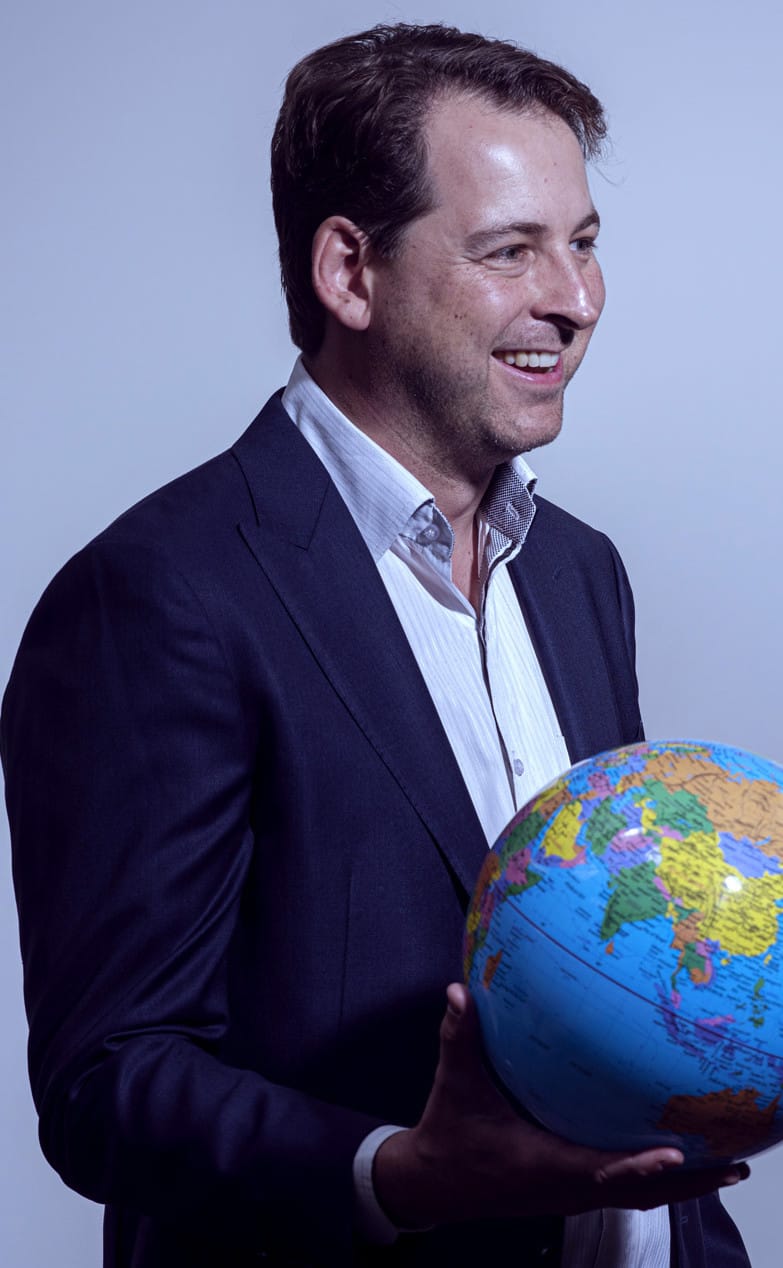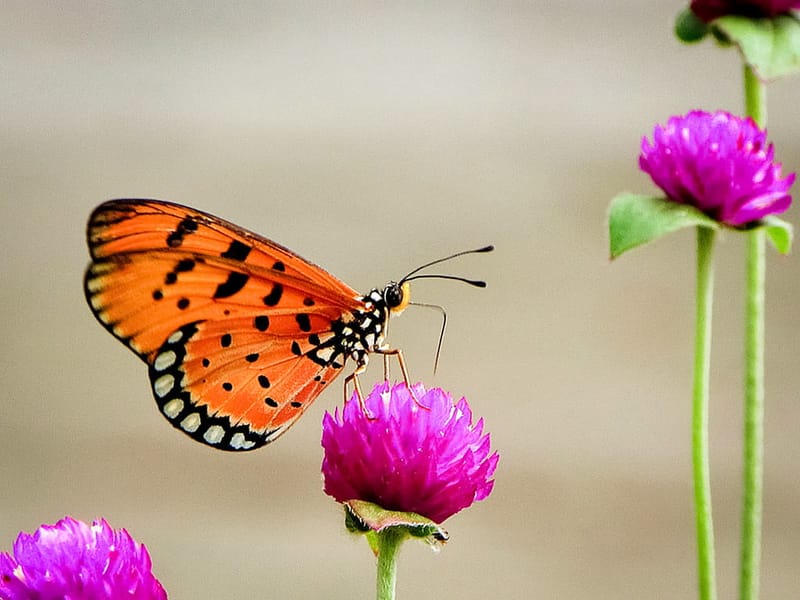
For Dr Michael Cameron, 2020 was always going to be a different kind of year. With sale plans being finalised for Rome2rio, the global trip-planner he founded a decade ago with Bernie Tschirren, he was taking a year off to travel.
When Cameron stepped away from the day-to-day running of Rome2rio in March, the plan had been to travel through Africa, Europe and North America with wife Dr Michelle Chow (who he met at Monash University) and their two primary school-aged children. COVID-19 quickly brought those plans to a halt.
A keen traveller, Cameron’s startup success is bookended by this pastime. It began when he and Chow were travelling across Europe and Asia in 2009, after three years working in the US with Microsoft.
“We are both software engineers and passionate about building a great product, which we felt we had done. Growing a business becomes a different beast; you need a different skill set than the one you start out with."
Attempting to find a way from Budapest to Antwerp, Cameron disappointingly only found flight options. “European travel conjures up images of trains and buses, or ferries connecting Greek islands,” he says. “But they proved difficult to search for. It made me think – there has to be another way.”
The idea for Rome2rio began to crystallise – a search engine that considers all options, including trains, buses, ferries and car hire.
Back in Melbourne, and with Tschirren – who had also recently returned from Microsoft – on board, the aim was to build a startup that emulated what they had learnt in the US.
It worked, and Rome2rio grew. Receiving more than 10 million unique monthly visitors, it’s one of the world’s leading travel-planning sites. In late 2019, they sold the business to Omio, a leading European travel-booking platform.
In hindsight, the sale was timed perfectly, but in reality, the process was underway for more than a year before COVID-19 changed world travel.
It was simply time to move on, Cameron says. “We are both software engineers and passionate about building a great product, which we felt we had done. Growing a business becomes a different beast; you need a different skill set than the one you start out with.
“Finding a buyer who was keen to keep the team in Melbourne, the product, and a separate brand seemed like a really good fit.”
With travel plans on hold, Cameron is taking time to consider his next steps. “I have heard that it usually takes entrepreneurs at least a year before your next venture begins. So, I’m deliberately not rushing into anything, but am in a learning phase.”
Read: Not drowning, waving: Where to for cruise tourism post-COVID-19?
This phase includes mentoring with Startmate, an incubator program that began in 2011 to address Australia’s lack of venture capital or accelerators. (Founders include Atlassian’s Mike Cannon-Brookes and Scott Farquhar.)
Today, up to 500 companies apply to participate in the program, but only 12 are chosen. Each receives $75,000 in funding, as well as mentoring guidance and office space. That money comes from the mentors themselves. “So, we all have ‘skin in the game’ and are financially invested in the cohort’s success,” Cameron says.
He also says he’s learning from other mentors how they assess potential. “There are so many interesting businesses starting all around Australia, and it’s great to see incubators like Startmate supporting them. The ecosystem is so much more developed today than when we started Rome2rio 10 years ago.”
Five easy steps to mentoring
You can choose to be a mentor, a mentee or both without the demands of an ongoing mentoring relationship. You’ll be able to step in and out of the program to allow for your other commitments. Interested?
Long-term, he’s considering undertaking a Master of Business Administration and exploring how technology can play a part in climate change mitigation.
Cameron may have completed his honours degree in computer science at Monash in 2001, but his passion for technology began at home.
His dad, Max Cameron, is a statistician and an emeritus professor at the Monash University Accident Research Centre. “Back in the day, people who liked computers studied statistics,” Cameron jokes. “Dad was using them early on and brought one home in 1983. It was very exciting.”
Cameron used to help his dad with ‘tech support’: “I started working at Monash when I was 16, fixing computers. I’m not sure if that would work today, but it was a great start.”
The family affiliation continued. Cameron met his wife, Chow, at Monash. Until she resigned to begin a year of travelling this year, she was working as a science communications officer at the Peter Doherty Institute for Infection and Immunity. She, too, is reassessing future career options.
At the time of writing, Cameron and Chow were taking turns to cancel accommodation booked for their 2020 adventure.





